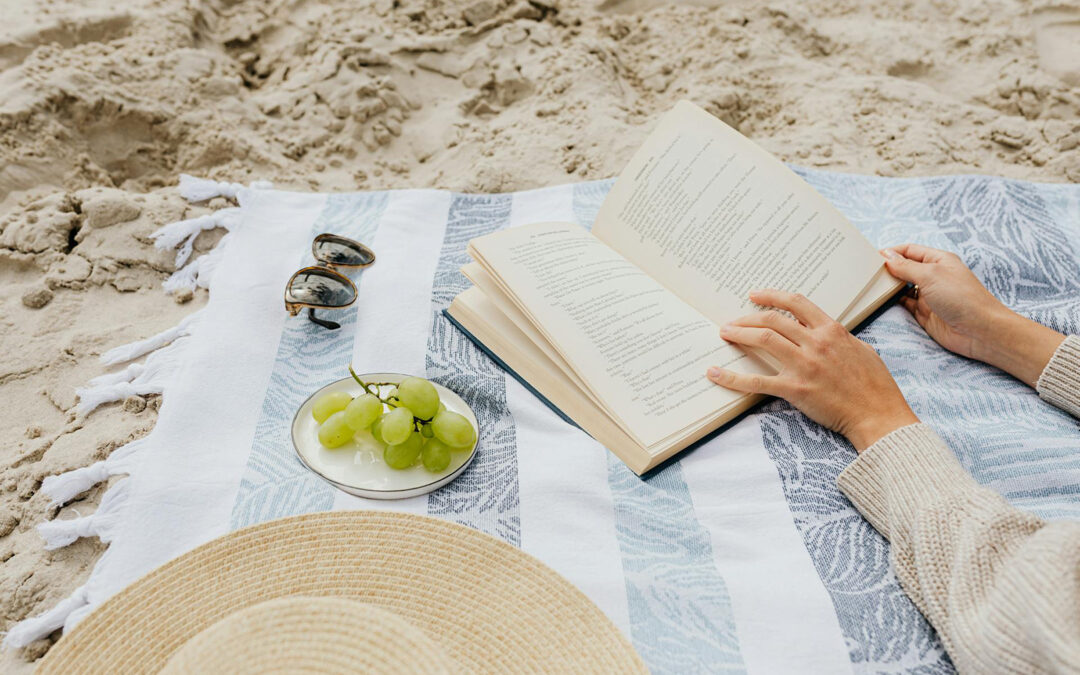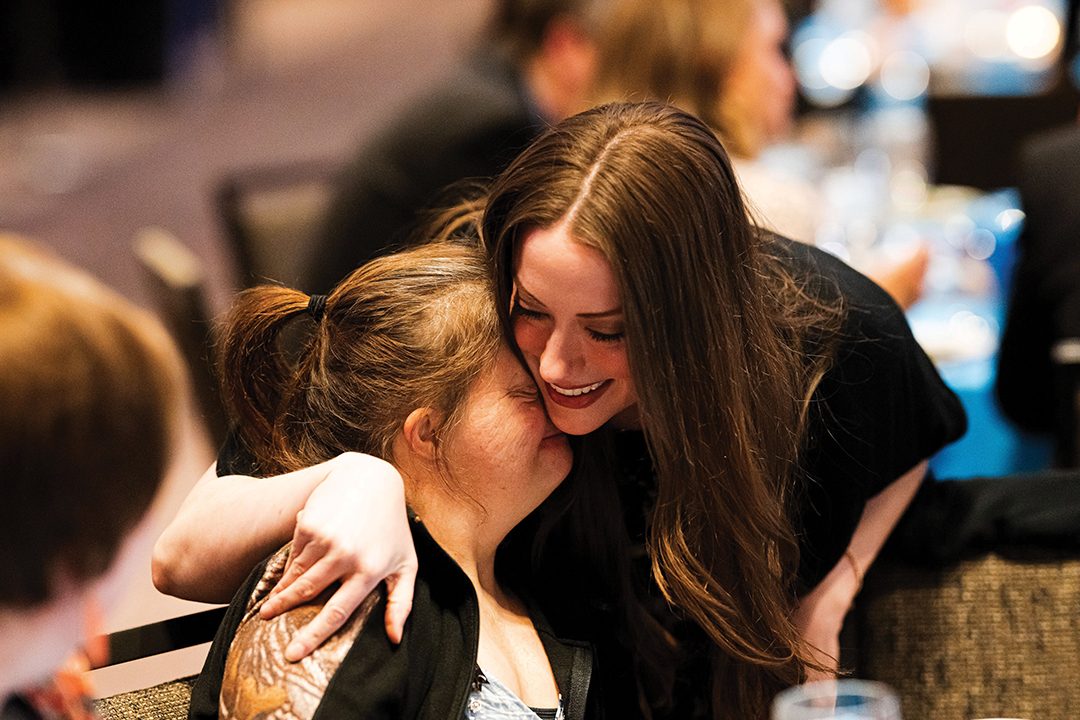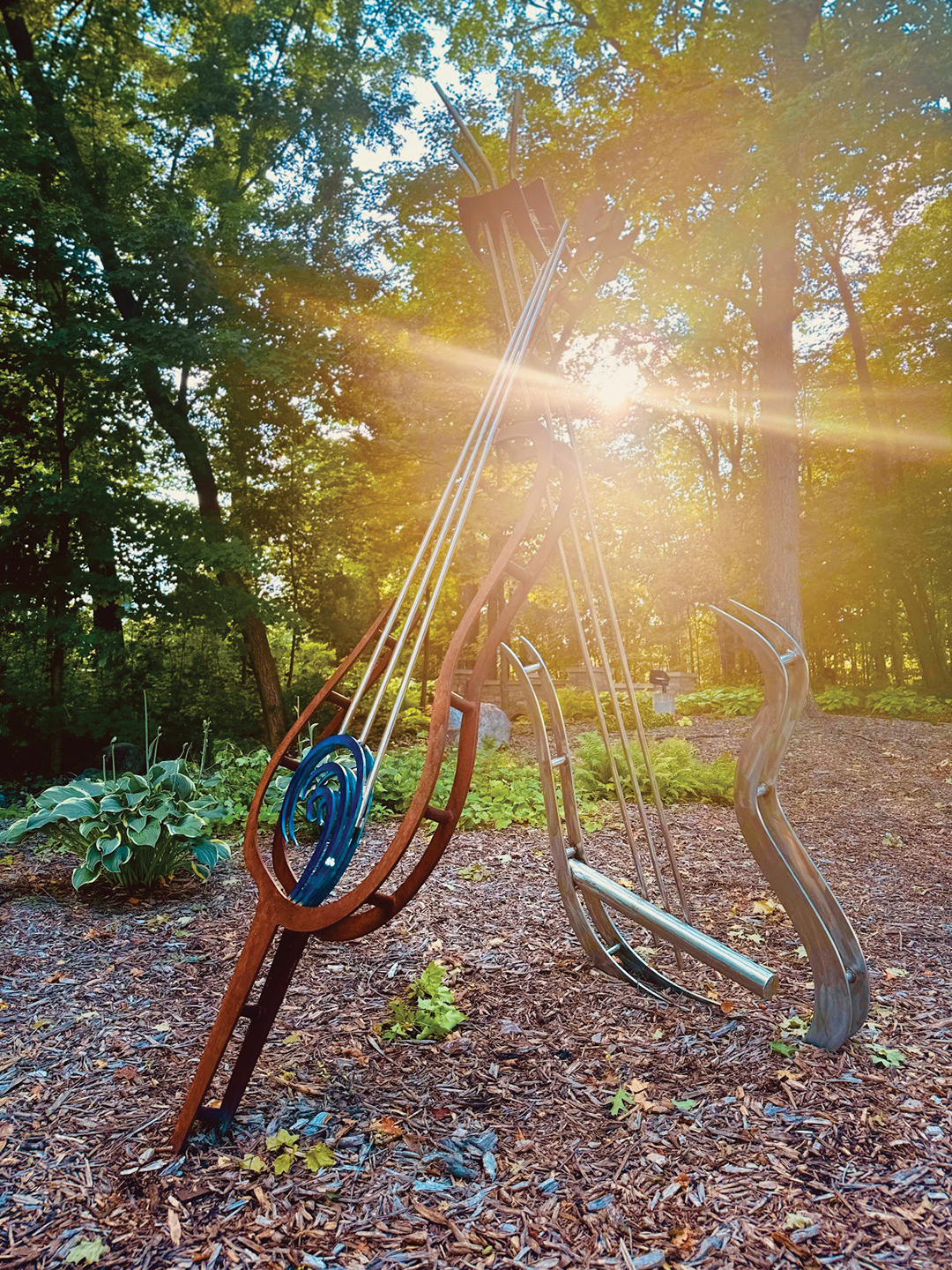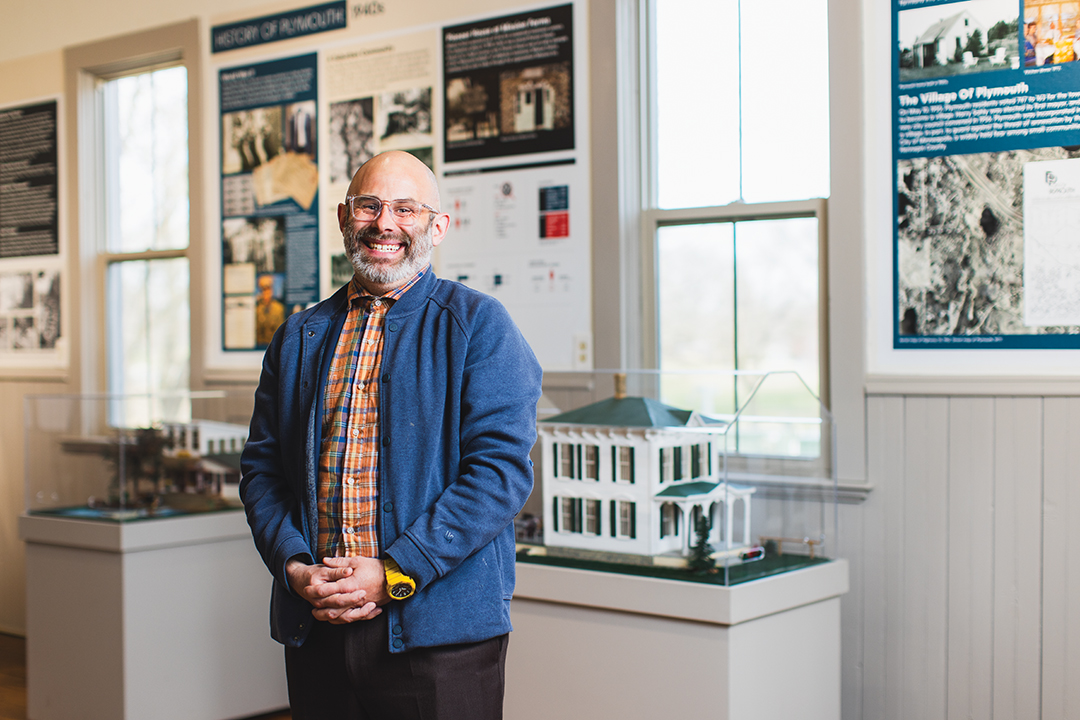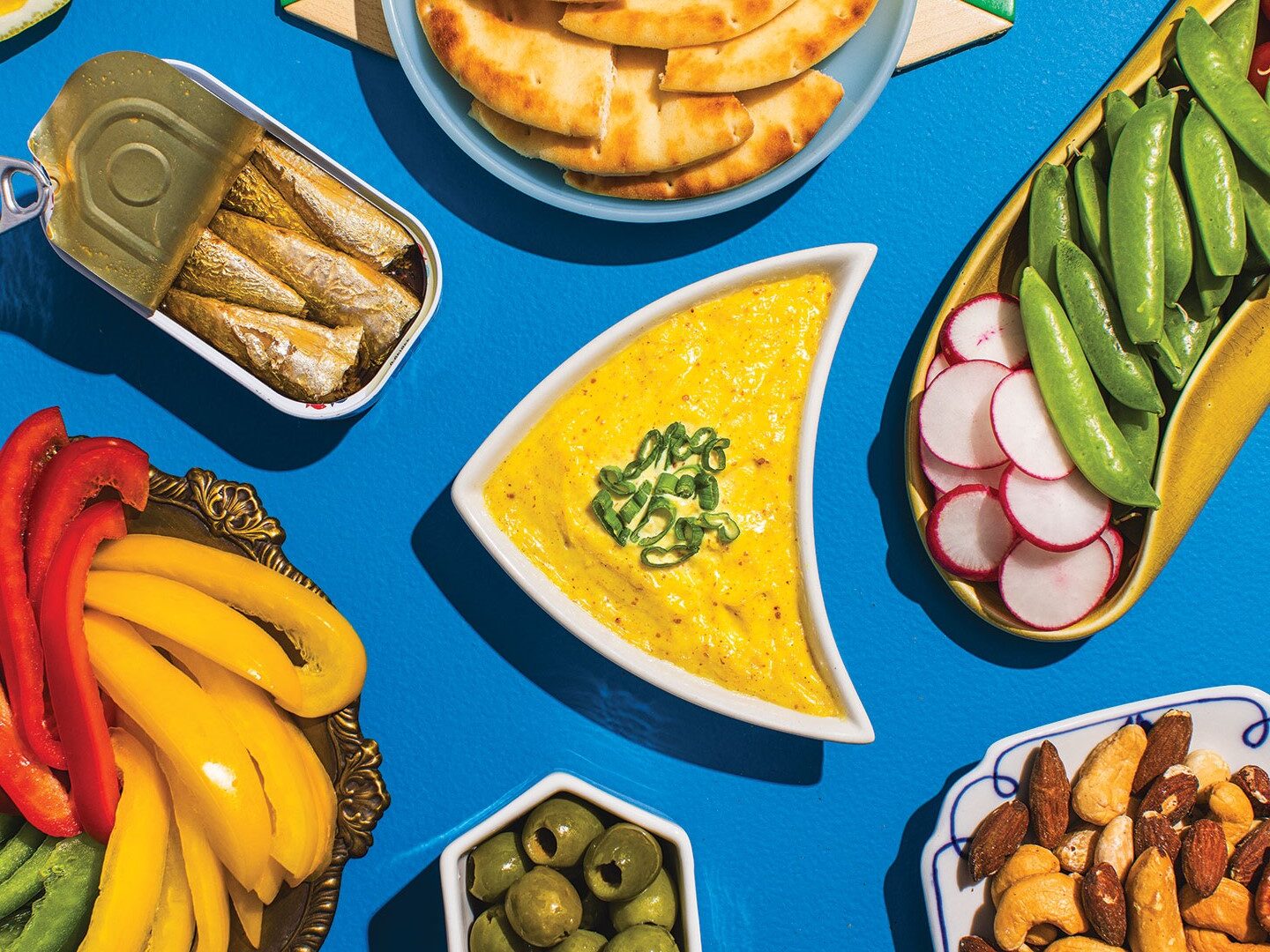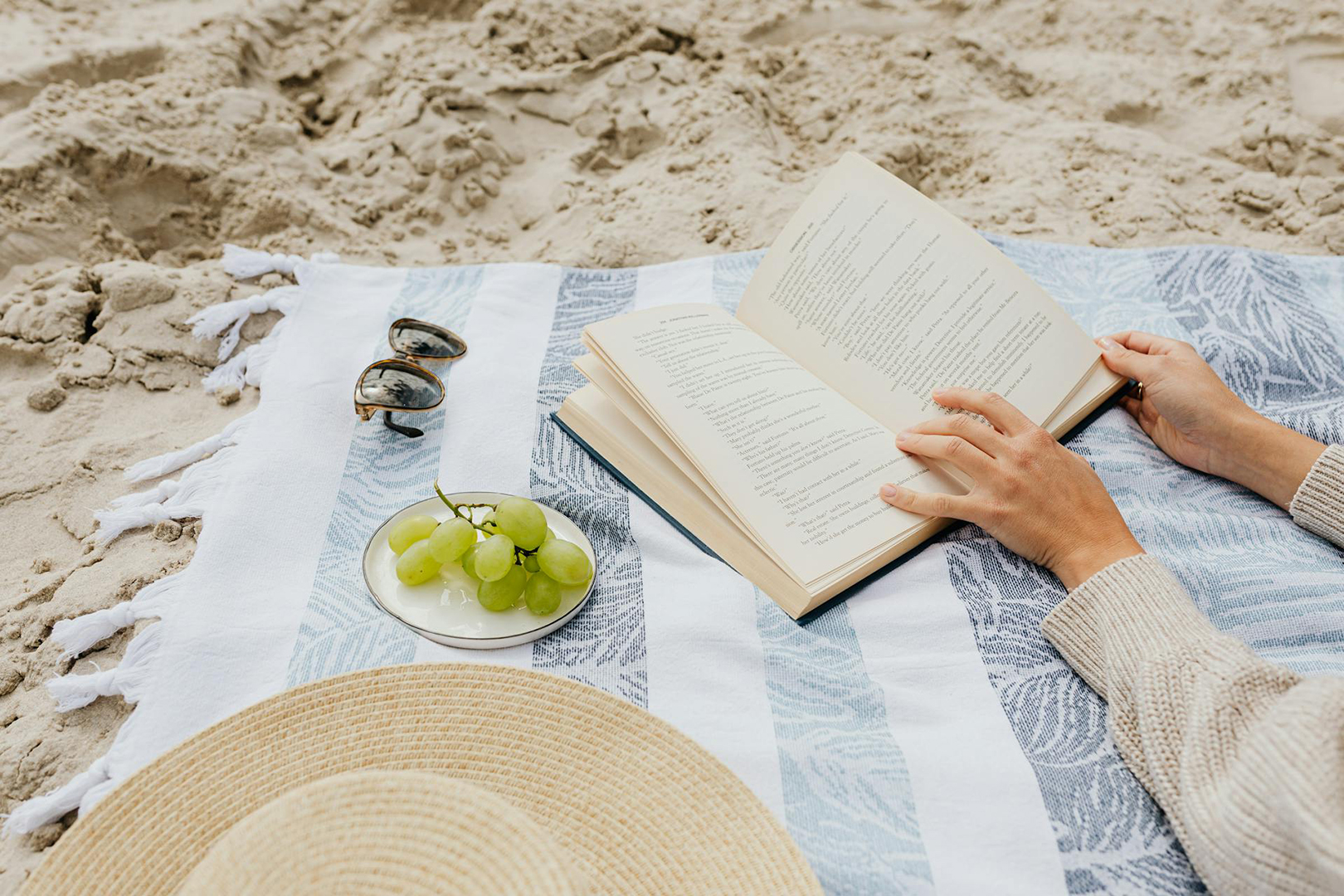
Photo: Rachel Nadeau
Orchids Limited carries rare and unique blooms.
Jason Fischer knows orchids well — he’s been around them for most of his life. His father, Jerry Fischer, opened Orchids Limited in 1978 as a small orchid nursery in Minnetonka.
“As a child I was constantly exposed to plants and orchids,” Fischer says. “My chore was to earn allowance repotting and helping around the greenhouse at age 5.”
Orchids Limited moved to Plymouth in 1983 and since then has expanded to five orchid greenhouses, each with its own special climate. Along the way, Fischer cultivated, grew and eventually created hybrid plants as a teen. Now, Fischer is the manager of the business and teaches employees how to care for orchids.
“With Jason I’ve learned a lot about crossing plants and what it takes to grow orchids,” says Emelia Nelson, an employee for almost two years. “I really like the environment. I like being in a warm, colorful place all the time and especially in winter.”

Pexels/Carissa Bongalosa
What makes Orchids Limited special? Most orchids you’ll see out and about are actually clones. Mass growers will choose the best plant and recreate it by the thousands, Fischer says. Orchids Limited grows a handful of these, but their flowers go beyond the ordinary.
“Almost everything we do is in niche territory,” Fischer says. “A big part of the business is all the oddities and rarities.”
While working with orchids, Fischer developed a particular interest in Japanese culture, and more specifically, Japanese orchids. He’s sought out to give lectures on the flowers.
“They’re treated and displayed kind of like bonsai,” says Fischer. In May in Japan, Fischer says growers bring the orchids in decorative containers and they’re judged on display. Factors like the color of leaves, the roots and how they’re planted are what judges look for in the plant.
“Flowers aren’t necessarily how they’re judged, although they’re beautiful. It’s really about presentation. It’s something to enjoy all year round,” he says.
After high school, Fischer moved to Japan, where he met his wife, before moving back to Plymouth and fully immersing himself in the orchid business.
“It’s not just a job, but a hobby and a passion all wrapped up in one,” says Fischer.
The business continues to change as there are new developments in the industry constantly. “There are three ways to look at it,” Fischer says. “There are new species discovered all around the world, man-made hybrids made all the time, and the third thing you see the most: clones.”
New man-made hybrid species take three to seven years to grow, according to Fischer. He’s given talks about his own plant, the Phragmipedium, as well as other hybrids, around the world. With awards from the American Orchid Society, the plant is also known for its intense colors and shape. It’s won the most First Class Certificates in the history of judging.
“Most orchids, if cared for properly and have no bugs or viruses, can live indefinitely. Some of the Japanese plants are from the 1800s and we have illustrations from 1400,” Fischer says.
Visit Alpacas at Orchids Limited
Orchids Limited has a few unofficial mascots in the form of their two resident alpacas. Fischer’s father grew fond of the animals when it was legal to buy flowers in Peru and Ecuador. He did some research on the fleecy creatures and discovered they were easy to raise and could survive the Midwest winter. The rest is history. “A lot of people don’t know about the nursery, but they know about the alpacas,” says Fischer. “They’re curious and friendly and love dogs.”


